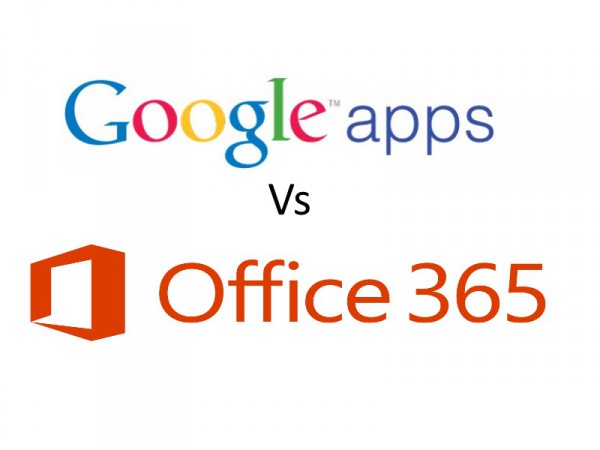
Google and Microsoft are the two big players in the cloud office suite market. But what do the customers of each look like and how are they implementing and using the software?
Cloud management specialist BetterCloud has released the results of a survey of 1,500 IT professionals looking at customers of both systems, the age and size of their companies, cost-savings for each, and when companies will achieve 100 percent cloud use.
Among the findings are that Google Apps organizations are experiencing savings of 41 percent while organizations using Office 365 see savings of 27 percent. However, Office 365 organizations are more than four times larger than their Google Apps counterparts. Because of their size, Office 365 IT teams are also more than six times larger than those that use Google Apps, yet, surprisingly, they service the same average number of employees per IT admin.
Office 365 organizations tend to have been in business longer, having been founded seven years earlier on average than Google Apps organizations. This may account for differences in deployment strategy. Sixty eight percent of Google Apps organizations surveyed roll out Google Apps all at once while 62 percent of Office 365 organizations choose to implement a hybrid deployment strategy.
Both systems are good for promoting collaboration with 84 percent of enterprises using Google Apps experiencing increased collaboration compared to 72 percent of Office 365 enterprise organizations.
Google Apps usage rates far surpass the online equivalents for Office 365, suggesting many Office 365 organizations’ employees are still using local versions of the Office suite. No Google Apps or Office 365 enterprise organizations currently run 100 percent of their IT in the cloud, projected to 2026 that number jumps to 74 percent and 57 percent respectively.
"Google and Microsoft have taken different approaches to the market. Google has built a cloud-only suite that’s focused on business transformation. They've been revolutionary in their approach since the beginning", the report concludes. "Microsoft has owned the enterprise software and messaging market for 20 years, and now, under new leadership, they are taking their customer base and an established product set on an evolutionary path to the cloud. Microsoft has finally put the weight of their name behind the cloud by offering their customers a safe and comfortable upgrade path".
You can read more about the survey's results on the BetterCloud blog.

